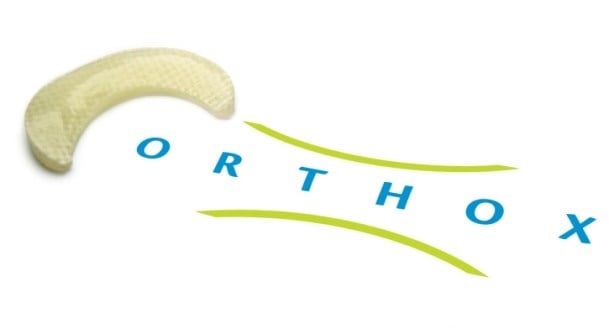If you think silk is soft and delicate, think again. Researchers have now created specialised knee implants made from silk worm fibres to help with joint damage and osteoarthritis.
Around the world knee replacement surgeries are on the rise. In the U.S alone, total knee replacement surgeries tripled from 2003 and 2009, a press release by the American Academy of Orthopaedic Surgeons explains. What used to be a surgery performed in people over the age of 65 is now more commonly performed in younger patients. Obesity and inactivity are major culprits when it comes to knee injuries. The Journal of Bone and Joint Surgery has found that 95% of knee surgeries were performed on people who were either overweight or obese.
Read: Obesity results in a rise in knee replacements
Silk for strength
For many years, scientists around the world have been investigating how spider and silkworm silk, both known for their strength, can be used to create biomedical implants and to assist the regeneration of certain tissues. Science Direct explains that silk is a good material to use in implants as it does not trigger an immune reaction in the body and it degrades slowly and in a way that can be controlled.
Spider silk is typically stronger than that produced by silkworms however the quantities produced are much smaller. Spiders also tend to be carnivorous which can make large-scale production difficult.
The implants, FibroFix™ Meniscus and FibroFix™ Cartilage are currently being developed by Orthox, a company formed by knee surgeon Professor Oliver Kessler and scientist Dr. Nick Skaer. The company describes the technology behind the products as, "a remarkable silk-based biomaterial which combines the smooth, resilient, high strength found in cartilage with the capacity to support regeneration of new tissue when implanted."
FibroFix™ Meniscus assists in repairing the meniscus, which acts as both a shock absorber and stabiliser in the knee, minimising stress to the joint. The meniscus can easily be damaged during sports such as rugby, soccer and running when the knee is overextended or twisted. Minimally invasive keyhole surgery is often used to remove the damaged segment of meniscus however this can contribute to cartilage degeneration and osteoarthritis.

FibroFix™ Meniscus courtesy of Orthox Ltd
FibroFix™ Cartilage helps to "resurface"the articular cartilage, the cartilage covering the ends of the tibia and femur, reducing inflammation and joint pain caused by osteoarthritis.

FibroFix™ Cartilage courtesy of Orthox Ltd
Read: Spider venom may be the key to new painkillers
Orthox has been developing the product for a number of years but earlier this month the company received a massive funding boost of £1.5 million from Innovate U.K. In April this year, the company began recruiting participants for its first human trial.
Watch this clip for more on FibroFix™:
Read more:
Silk implant records brainwaves
Australian returns home with spider under his skin




 Publications
Publications
 Partners
Partners















